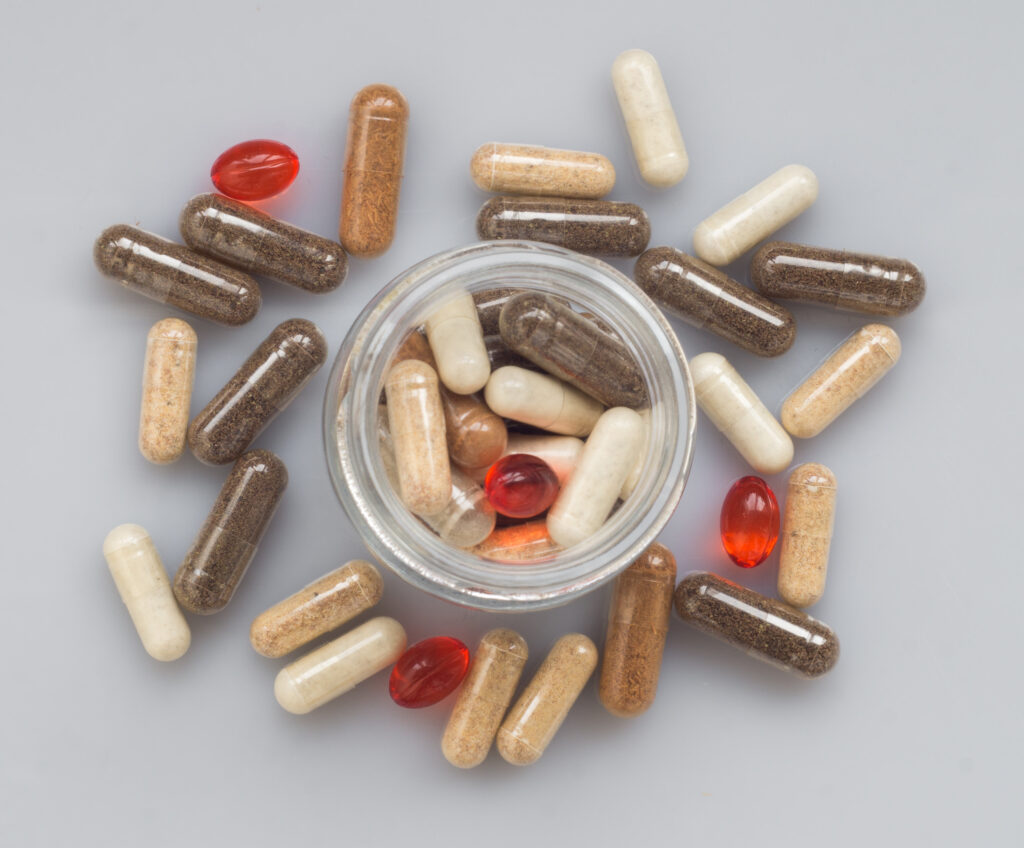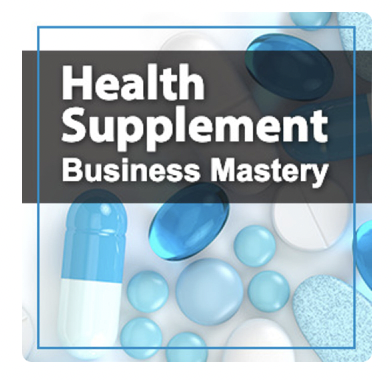
The supplement market has witnessed exponential growth in recent years, driven by the escalating focus on health and well-being.
With a wide range of products catering to diverse consumer needs, this thriving industry continues to expand rapidly.
From dietary support to fitness enhancement, supplements play a significant role in modern lifestyles.
The global supplement market is valued at approximately $140 billion. Factors such as rising health consciousness, a growing aging population, and the increasing prevalence of chronic diseases contribute to the market’s growth.
If you’re a business owner looking to start a dietary supplement company or if you’re interested in tapping into this lucrative market, understanding its size and trends is essential.
In this article, I’ll delve deeper into the factors driving the growth of the supplement industry, explore the various types of supplements available, and discuss key considerations for consumers and businesses.
So, keep reading to gain valuable insights into a few key areas of the dynamic and expanding world of dietary supplements.
How big is the Gut Health market?
The global gut health market has experienced significant expansion in recent years, and its size is estimated to be several billion dollars.
Factors driving this growth include the rising prevalence of digestive disorders, such as irritable bowel syndrome (IBS) and inflammatory bowel disease (IBD), as well as increasing consumer interest in preventive healthcare and holistic approaches to wellness.
Additionally, the gut-brain axis connection, which suggests a strong link between gut health and mental well-being, has contributed to the market’s expansion as consumers recognize the potential benefits of nurturing a healthy gut microbiome.
Within the gut health market, probiotics have emerged as one of the key product categories.
These live microorganisms, when consumed in adequate amounts, confer a health benefit on the host by positively influencing the gut microbiota composition.
Probiotic supplements, fermented foods, and yogurts are popular sources of probiotics that aim to restore and maintain a healthy gut microbial balance.
Prebiotics, on the other hand, are non-digestible fibers that serve as nourishment for beneficial gut bacteria, supporting their growth and activity.
Digestive health supplements, including enzymes, fiber supplements, and herbal formulations, also play a significant role in the gut health market.
These products target specific digestive issues, such as bloating, indigestion, and irregular bowel movements, providing relief and supporting overall gut function.
With the increasing demand for gut health products, both from consumers and healthcare professionals, the market is expected to witness further expansion in the coming years.
As research continues to uncover the intricate relationship between gut health and overall wellness, consumers are likely to prioritize gut health as an essential aspect of their self-care routines.
Moreover, advancements in technology and scientific understanding may pave the way for innovative gut health solutions, including personalized microbiome-based interventions.
By staying informed about the latest developments in the gut health market, consumers can make informed choices about products that support their digestive wellness goals.
Likewise, businesses and entrepreneurs interested in this field can identify opportunities for innovation and growth within the thriving gut health market. The journey to better gut health and its profound impact on overall well-being continues to unfold, making it an area of immense importance and interest for individuals and the healthcare industry alike.
How big is the Anti-Aging market?
As of 2022, the global anti aging market was estimated to be worth a staggering 67.2 billion USD.
While this is an estimate of the market as a whole, and not just the sub-market of anti-aging supplements, a large portion of the anti-aging industry does rely on the sale of supplements.
When you mention supplements, most people think of something in a pill shape, but supplements are anything from pills, to softgels, to various liquids, creams and powders.
For example, most skincare products qualify as supplements, which means that the entire skincare industry, which is quite large, feeds directly into the anti-aging market.
A major contributor to the size of this specific market is the rise of social media and photo editing.
With the ability to post and see everyone else at their most perfect (and often photo edited perfection), the pressure to always look flawless and to constantly meet increasingly unreachable beauty standards has caused the value of the anti-aging market to skyrocket.
How big is the Sleep Health market?

In 2022, the global sleep aid market was estimated to have a worth of around 67 billion.
Again, this does include more products than just supplements. Unlike the anti-aging market however, there are many good reasons to pursue better sleep habits, which is where the sleep health market comes into play.
Where anti-aging can easily be driven by an unhealthy desire to appear younger than you are (as opposed to just taking care of yourself), there aren’t really any bad reasons to seek out a healthier night’s sleep. Constantly getting a good night’s sleep can actually help contribute to better overall health, which has some overlap into the anti-aging market.
Common products that are part of the sleep aid market are things like melatonin, pillow sprays (often containing lavender), herbal teas, and CBD oil.
Discover the 3 funnels that can help your health supplement business succeed.

Listen to the Health Supplement Business Mastery Podcast for for dietary supplement entrepreneurs and marketers.



